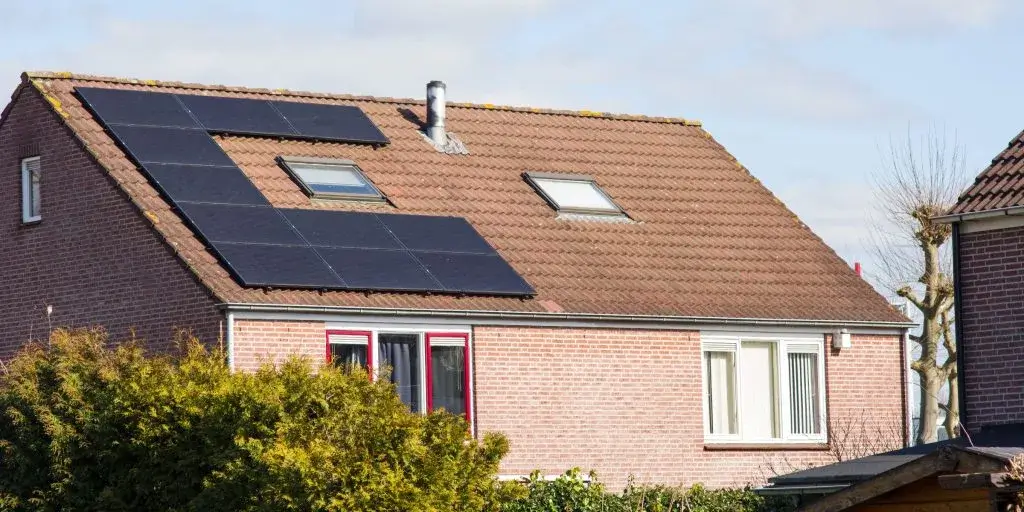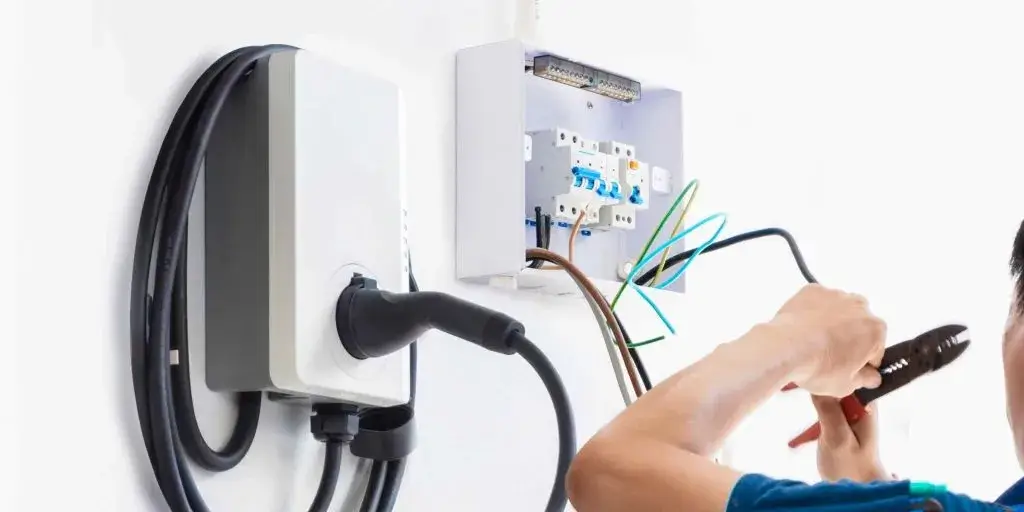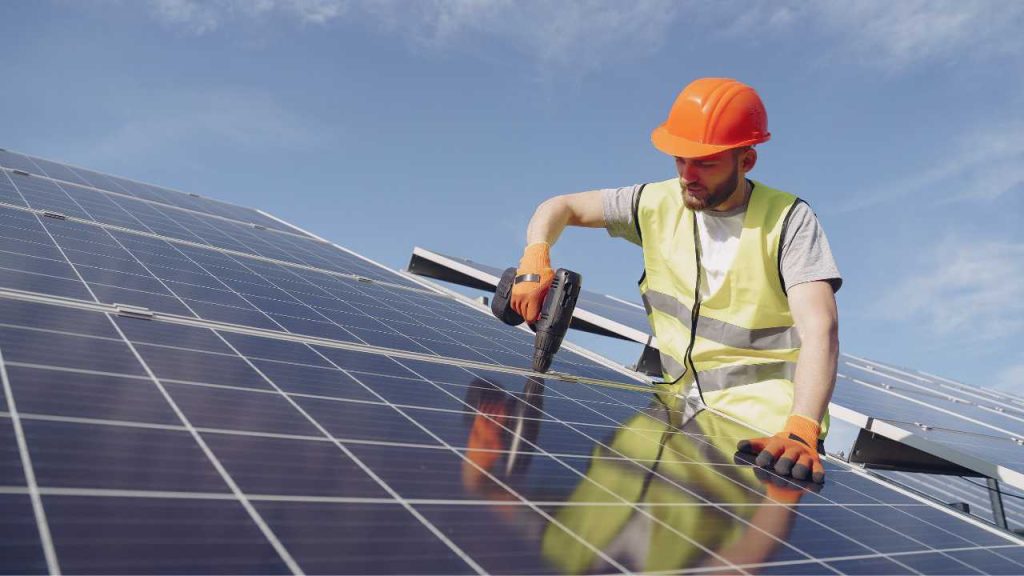Are you concerned about your rising electricity costs and thinking about how much energy your home actually consumes? With everything from appliances and heating systems to lighting and devices relying on electricity, understanding your household’s energy usage is more important than ever.
Knowing how many kWh does it take to run a house can help you make smarter decisions about energy efficiency, reduce monthly bills, and plan for future solutions like solar panels. It also gives you a clear picture of where most of your electricity is going and how to cut back without compromising comfort.
In this blog, we’ll explore the average energy usage of homes in Ireland, explore what drives electricity consumption, and explain how you can optimise your energy use. Whether you’re aiming to reduce your carbon footprint or simply looking to save money, this guide will help you take control of your household energy needs.
How Many kWh of Electricity to Run a House per Day?
On average, a typical household in Ireland consumes about 4,200 kWh of electricity per year. This works out to approximately 11.5 kWh per day. However, it’s important to note that this is a general estimate and individual daily usage can vary significantly depending on several key factors.
One of the most influential factors is the size of the home. Larger homes naturally require more energy to heat, light, and power appliances compared to smaller properties. Other contributing factors include the number of occupants, the type and efficiency of appliances used, and daily habits such as how often you cook or do laundry. By understanding your average daily usage, you can start making decisions on how to better manage and reduce your electricity consumption.
How Many kWh Does It Take To Run a House In Ireland?
Understanding your home’s electricity usage is essential for managing energy bills and improving efficiency. The average household in Ireland uses around 4,200 kWh annually.
| Energy Use | Type of Home | Average Annual Electricity Consumption (kWh) | Average Annual Cost |
| Low | 1–2 Bedroom Flat/House | 3,000 kWh | €1,085 |
| Medium | 2–3 Bedroom House | 4,200 kWh | €1,501 |
| High | 4+ Bedroom House | 5,500 kWh | €1,953 |
What Influences the Average kWh Consumption?
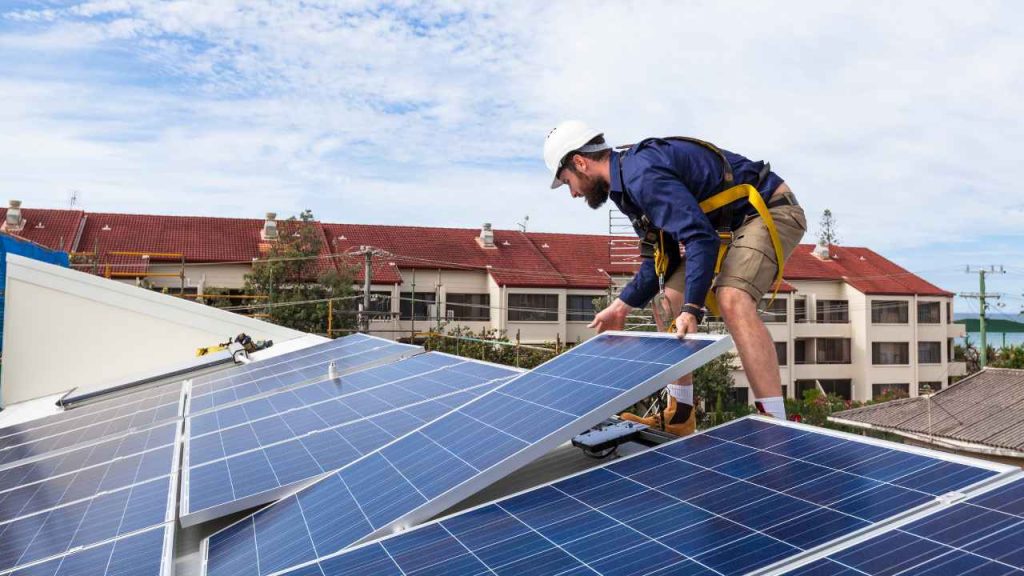
Every home is unique, and so its electricity usage. The average kWh consumption depends on several lifestyle and environmental factors that shape daily energy demands.
Number of Occupants
The more people living in a home, the more electricity is typically used. Each person adds to the overall energy demand by contributing to the use of lighting, heating, hot water, cooking, and the operation of various electronic devices. For instance, a family of four will naturally consume more energy than a single person, especially if children are at home during the day using devices and appliances.
Working From Home
Remote work has become increasingly common in Ireland, and it can significantly impact daily electricity usage. When people work from home, they use lighting, heating, and devices like computers, monitors, and printers throughout the day. Even small habits like boiling the kettle or using a desk lamp contribute to higher daily energy use compared to a home where everyone is out during the day.
Where You Live in The Country
Location plays a vital role in electricity consumption. Homes in colder or windier parts of Ireland, such as along the western coastline, may use more electricity to power heating systems and lighting during longer winter nights. Urban homes might benefit from better insulation and infrastructure, whereas rural properties may have fewer energy-efficient features and rely more on electric heating.
Efficiency of Appliances
Appliances and systems with high energy efficiency ratings can drastically reduce electricity usage. Modern fridges, dishwashers, washing machines, and heat pumps designed with energy-saving features consume far less electricity than older models. Replacing outdated appliances with newer A-rated ones can make a noticeable difference in your yearly and daily consumption figures, helping to cut down both energy use and costs.
How Do I Reduce My Energy Consumption?
Reducing your household electricity use is not only great for your wallet, but also for the environment. Whether you’re in a city apartment or a rural family home, there are several strategies you can adopt to cut down on your energy use.
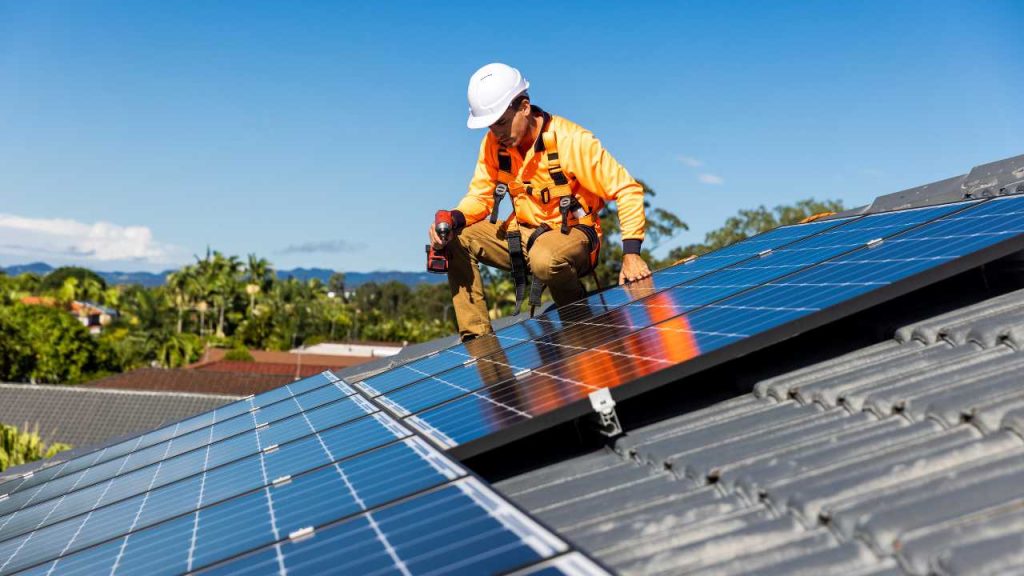
Smart Meters
Smart meters give you real-time insights into how much electricity you’re using, allowing you to spot patterns and pinpoint wasteful behaviours. By monitoring your consumption, you can make decisions such as turning off devices left on standby, shifting usage to off-peak hours, and setting energy-saving goals. Many Irish households are now being equipped with smart meters as part of national sustainability initiatives.
Retrofitting
Retrofitting involves upgrading key parts of your home to improve energy efficiency. This could include installing better insulation, replacing old windows, or upgrading your heating system. A well-retrofitted home requires less electricity to stay warm and comfortable, especially during the colder Irish months. Government grants in Ireland can help offset the cost of these upgrades, making retrofitting a practical step for long-term savings.
Microgeneration
Microgeneration refers to producing your own electricity, typically through solar photovoltaic (PV) panels. By generating electricity on-site, you reduce your reliance on the grid and cut down on your overall consumption. Any excess electricity can often be exported back to the grid for credit, further enhancing the benefits. MY Power offers expert solar panel installation services in Ireland, helping households tap into clean, renewable energy.
Develop Energy Saving Habits
Small changes in your daily routine can lead to significant energy savings over time. Simple actions like switching off lights when leaving a room, using a clothesline instead of a dryer, or lowering your thermostat by a degree can all contribute. Encourage family members to be mindful of their energy use and make energy-saving a shared household goal.
Invest in Energy Efficient Appliances
Replacing outdated appliances with energy-efficient models can result in immediate reductions in electricity consumption. Look for appliances with high energy ratings, such as A++ or A+++, and consider replacing high-usage items first like your fridge, washing machine, or oven. While energy-efficient appliances may have a higher upfront cost, they consume significantly less electricity over time, offering both environmental and financial returns.
Conclusion
The amount of electricity it takes to run a house depends on several factors, including home size, number of occupants, appliance efficiency, and whether anyone works from home. On average, an Irish household uses around 11.5 kWh per day. However, by understanding what drives electricity consumption and adopting energy-saving strategies like retrofitting, using smart meters, and generating your own electricity through solar panels, you can take control of your energy usage and reduce your bills.
Our team specialises in solar panel installations in Ireland, helping you lower your electricity costs while switching to clean, renewable energy. Reach out to MY Power today to learn how we can help make your home more energy-efficient and future-ready.
Frequently Asked Questions
How many kWh does the average house in Ireland use per day?
The average house in Ireland uses approximately 11.5 kWh of electricity per day, based on an annual average consumption of 4,200 kWh. However, this can vary depending on factors like home size, the number of occupants, appliance efficiency, and whether people are working from home.
What uses the most electricity in a typical home?
The biggest electricity consumers in most homes include electric heating systems, water heaters, tumble dryers, and cooking appliances. In homes with electric showers or underfloor heating, these systems can also account for a large portion of daily kWh usage.
Does installing solar panels reduce kWh usage from the grid?
Yes, solar panels help you generate your own electricity, reducing your reliance on the grid. This can significantly lower your electricity bills and kWh consumption, especially when paired with battery storage systems. Any excess energy can be sold back to the grid through microgeneration schemes in Ireland.
What affects how many kWh my house uses each day?
Your daily electricity usage depends on factors like how many people live in the home, how efficient your appliances are, and whether you work from home. Larger homes generally use more energy due to heating, lighting, and more devices. Upgrading insulation and switching to energy-efficient systems can help reduce your consumption.
Can smart meters really help me save electricity?
Yes, smart meters show you how much energy you’re using in real time, making it easier to spot areas of waste. They help you adjust your usage habits based on actual data. Over time, this can lead to better control and lower bills.
How can MY Power help reduce my home’s electricity use?
MY Power offers solar panel installation services designed to lower your grid electricity use. By generating your own power, you rely less on utility companies and cut down your energy bills. Their expert team provides customised solutions for homes in Ireland.

